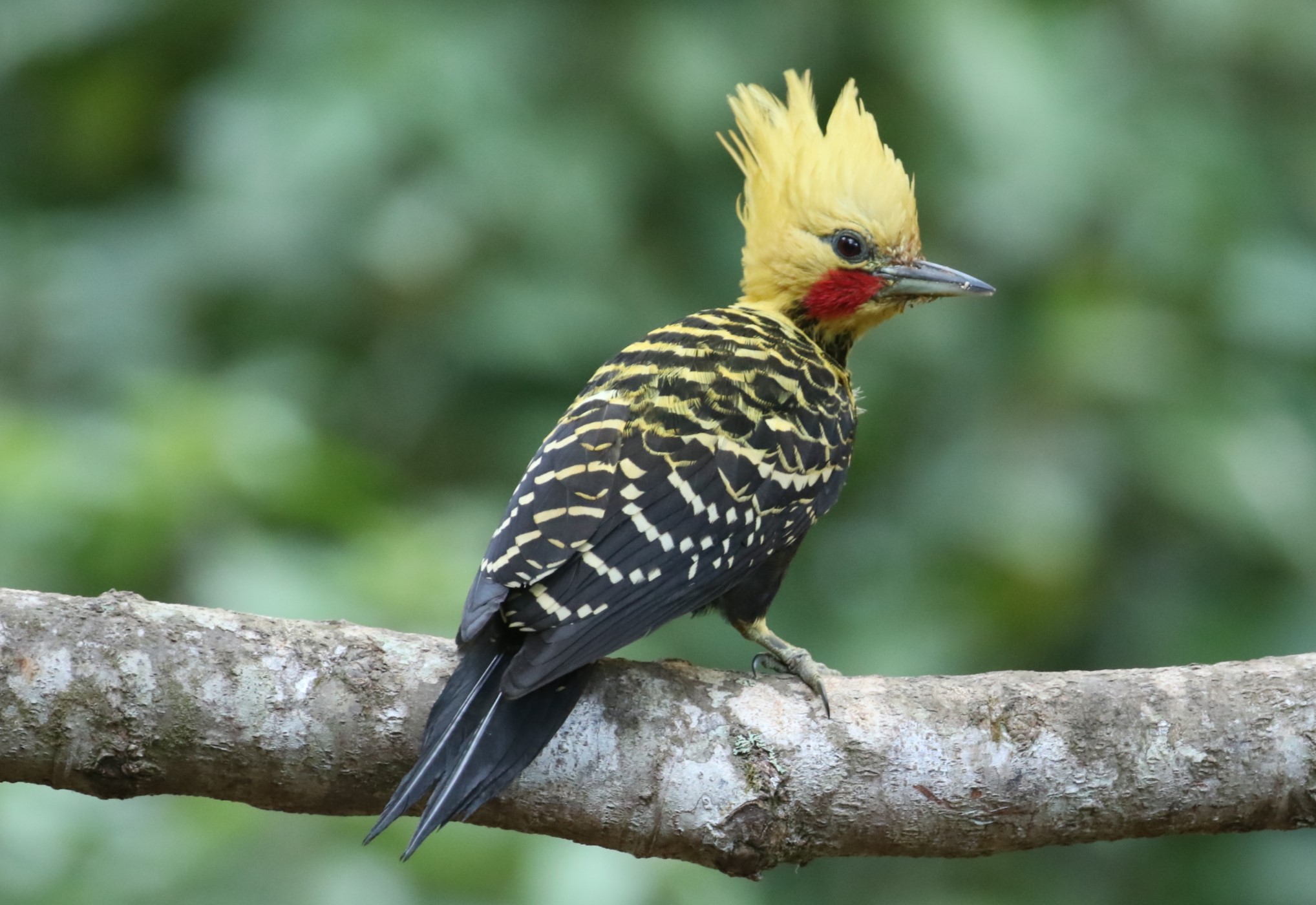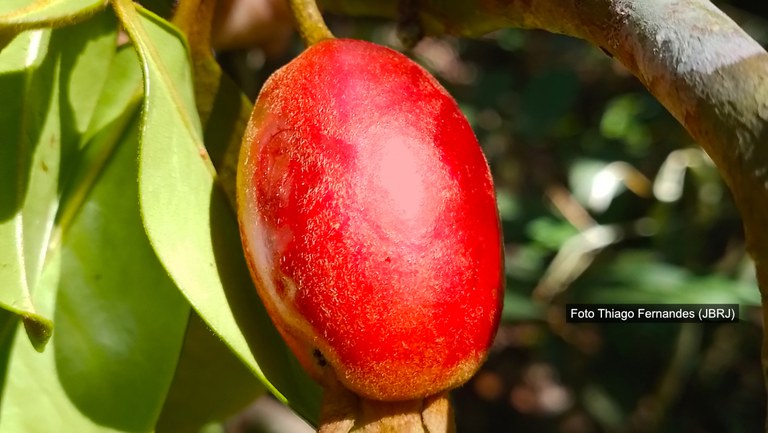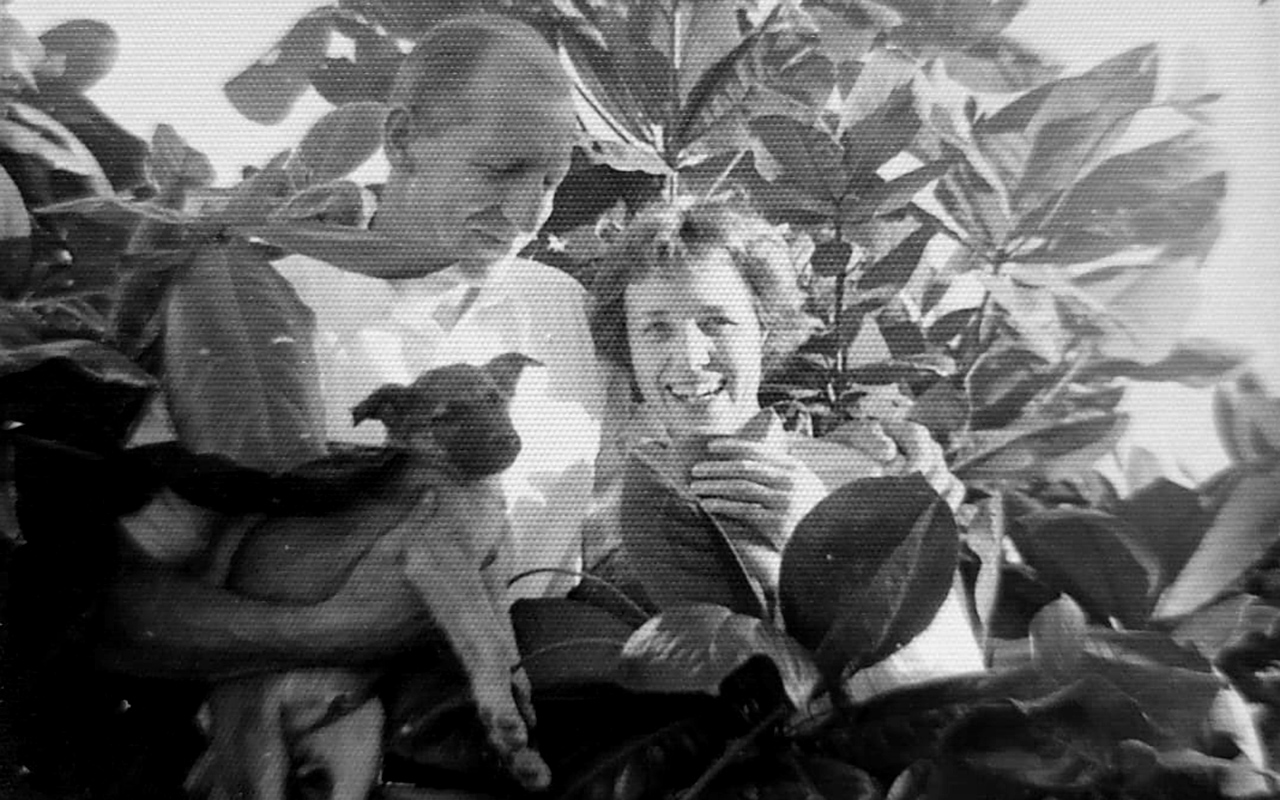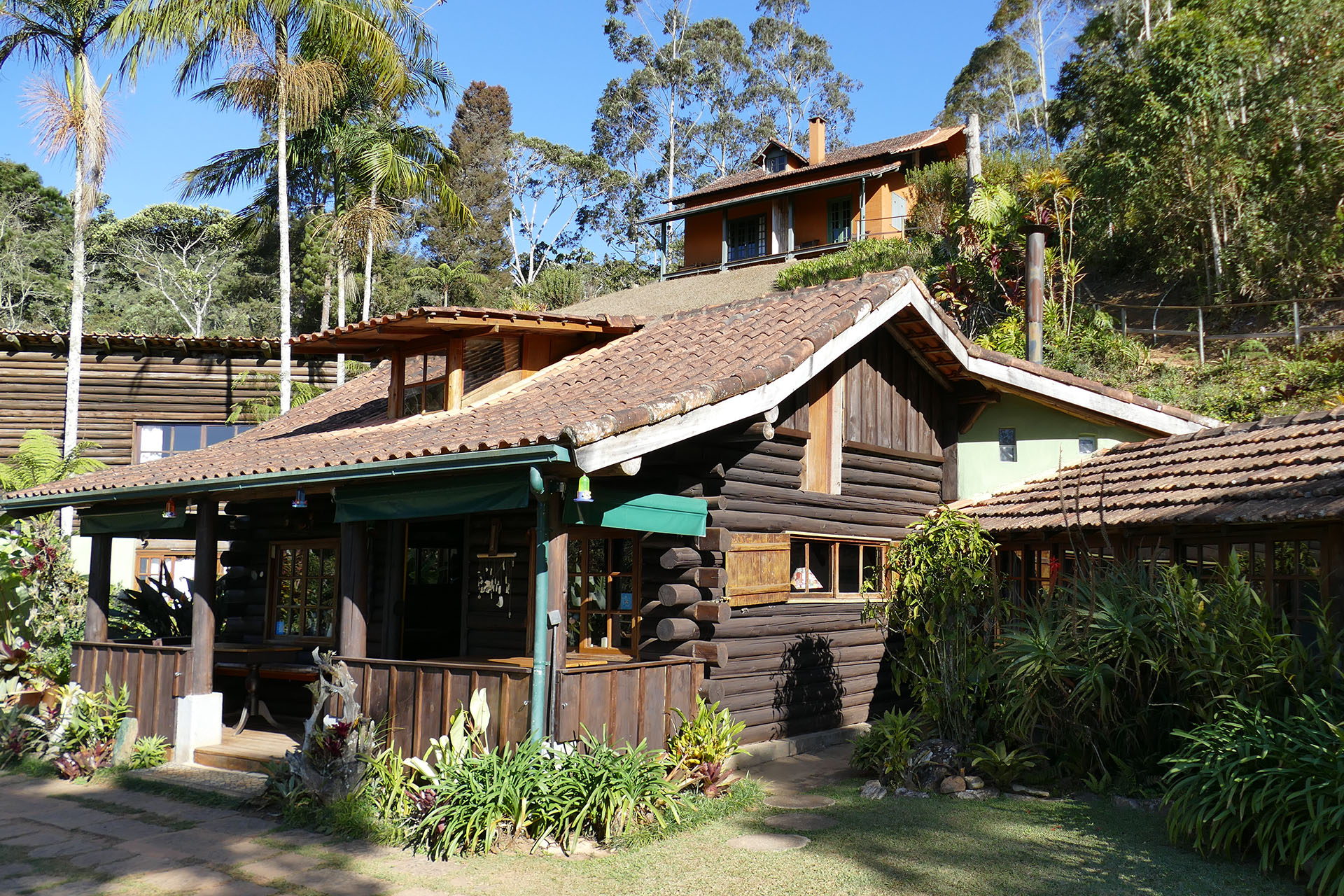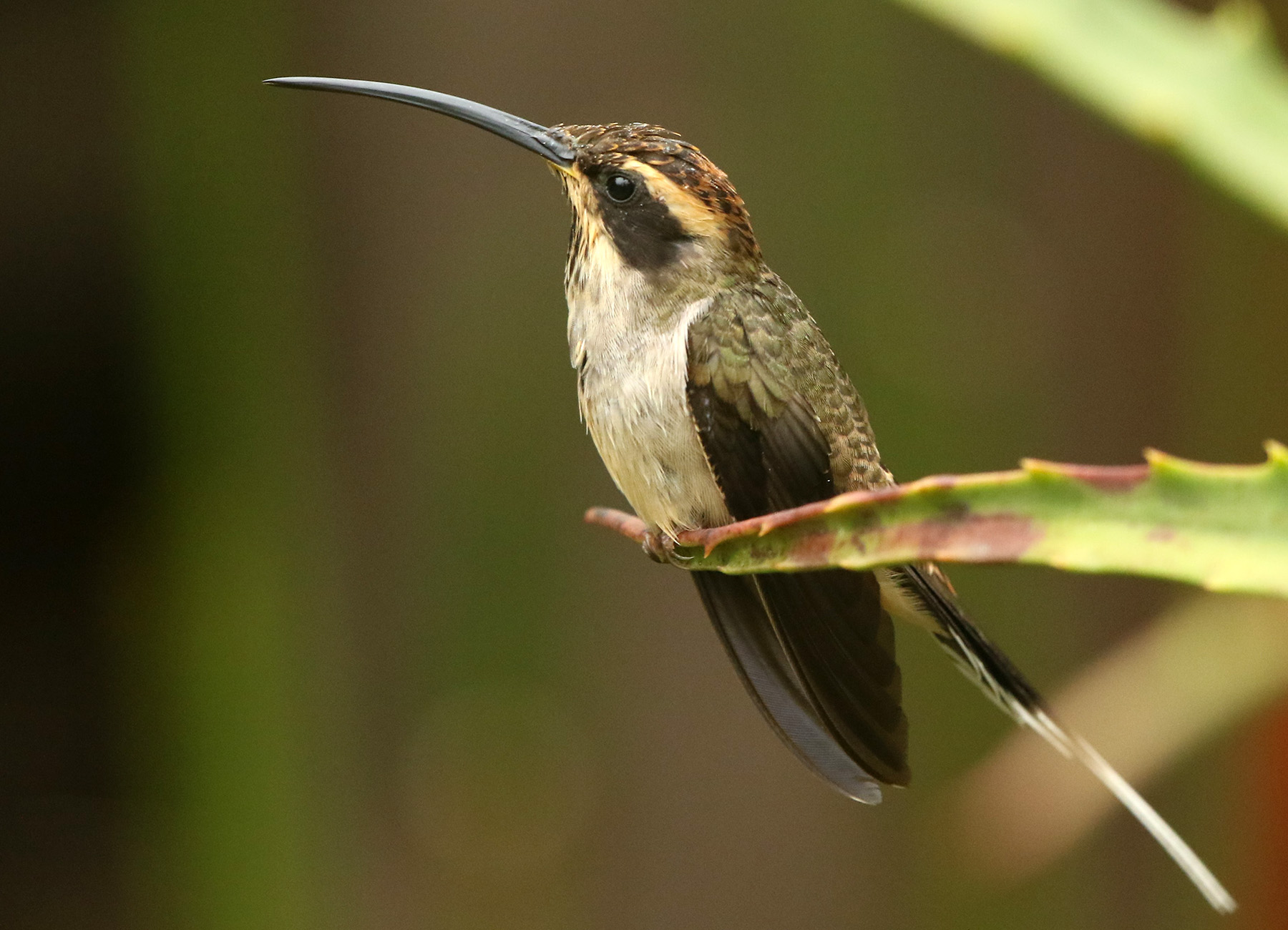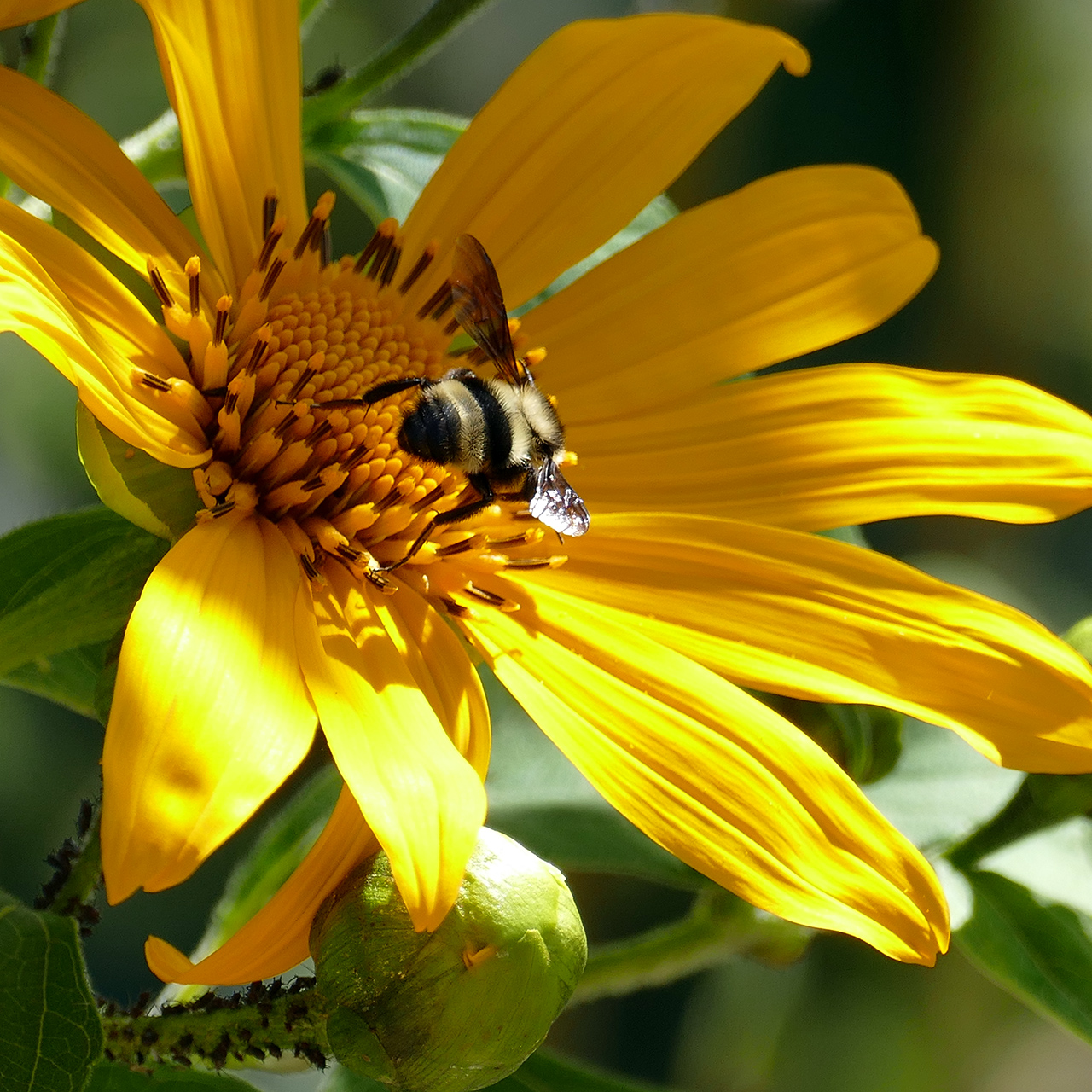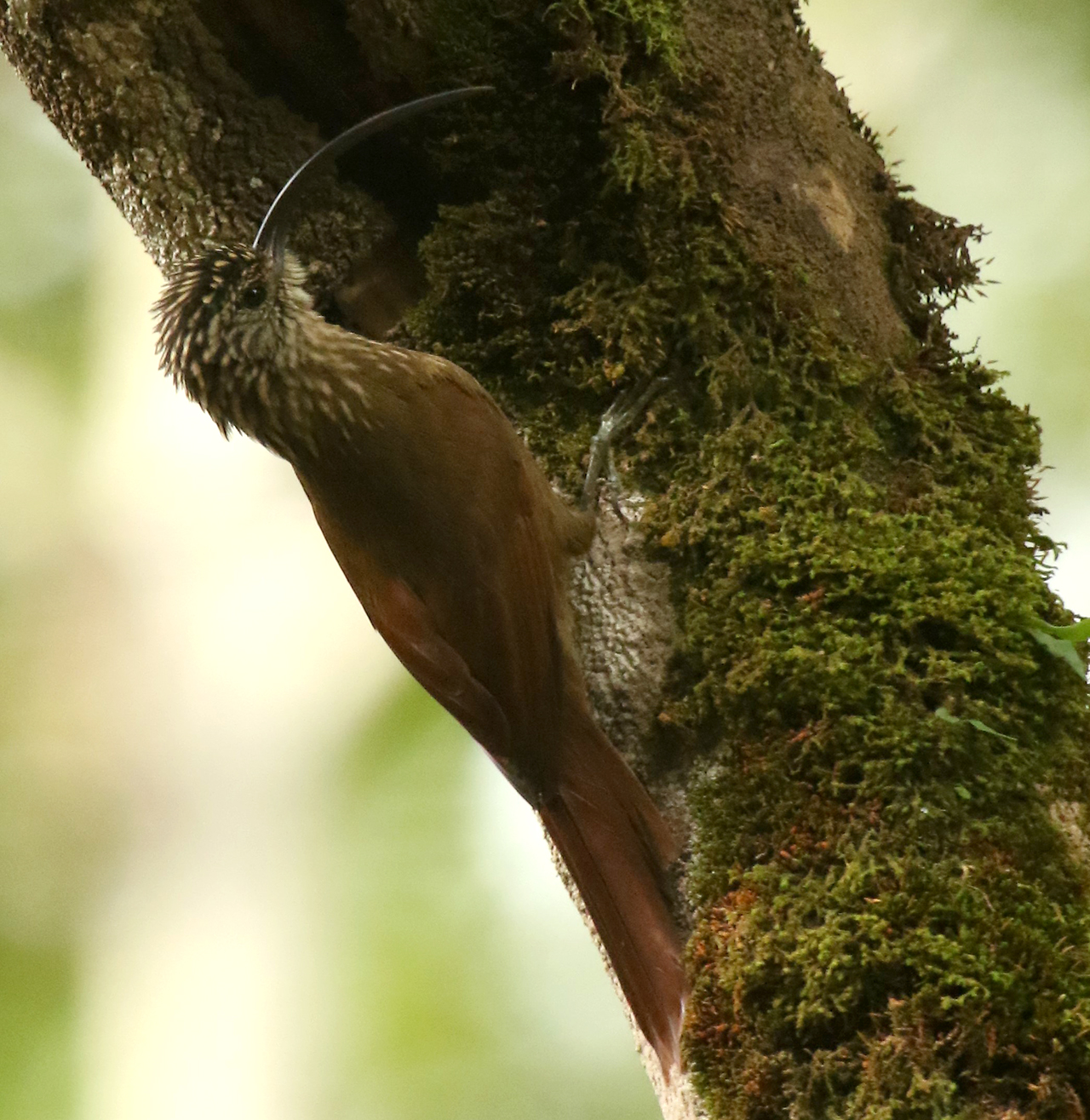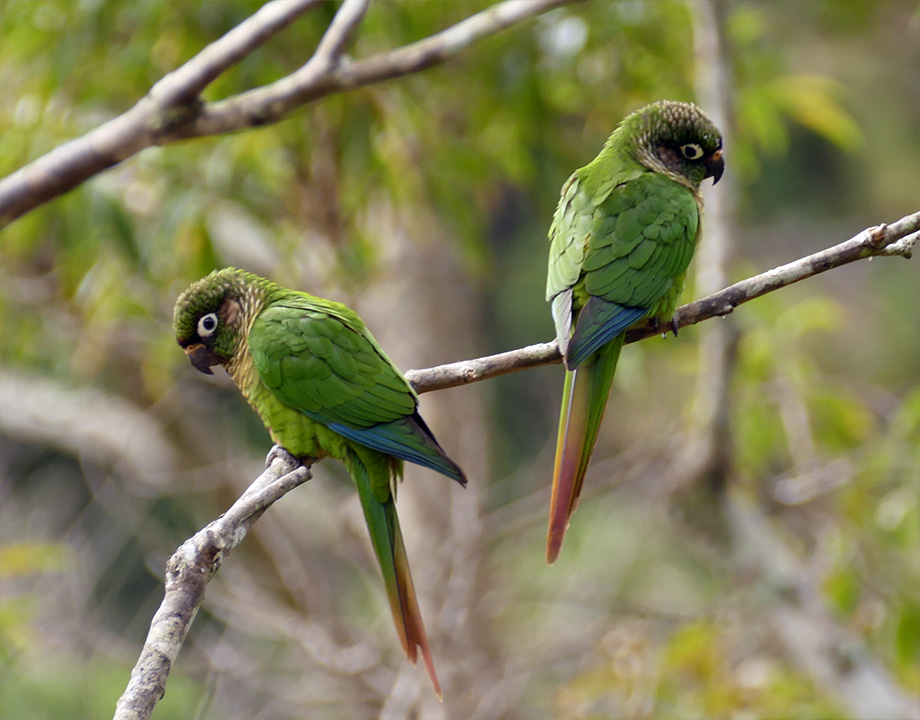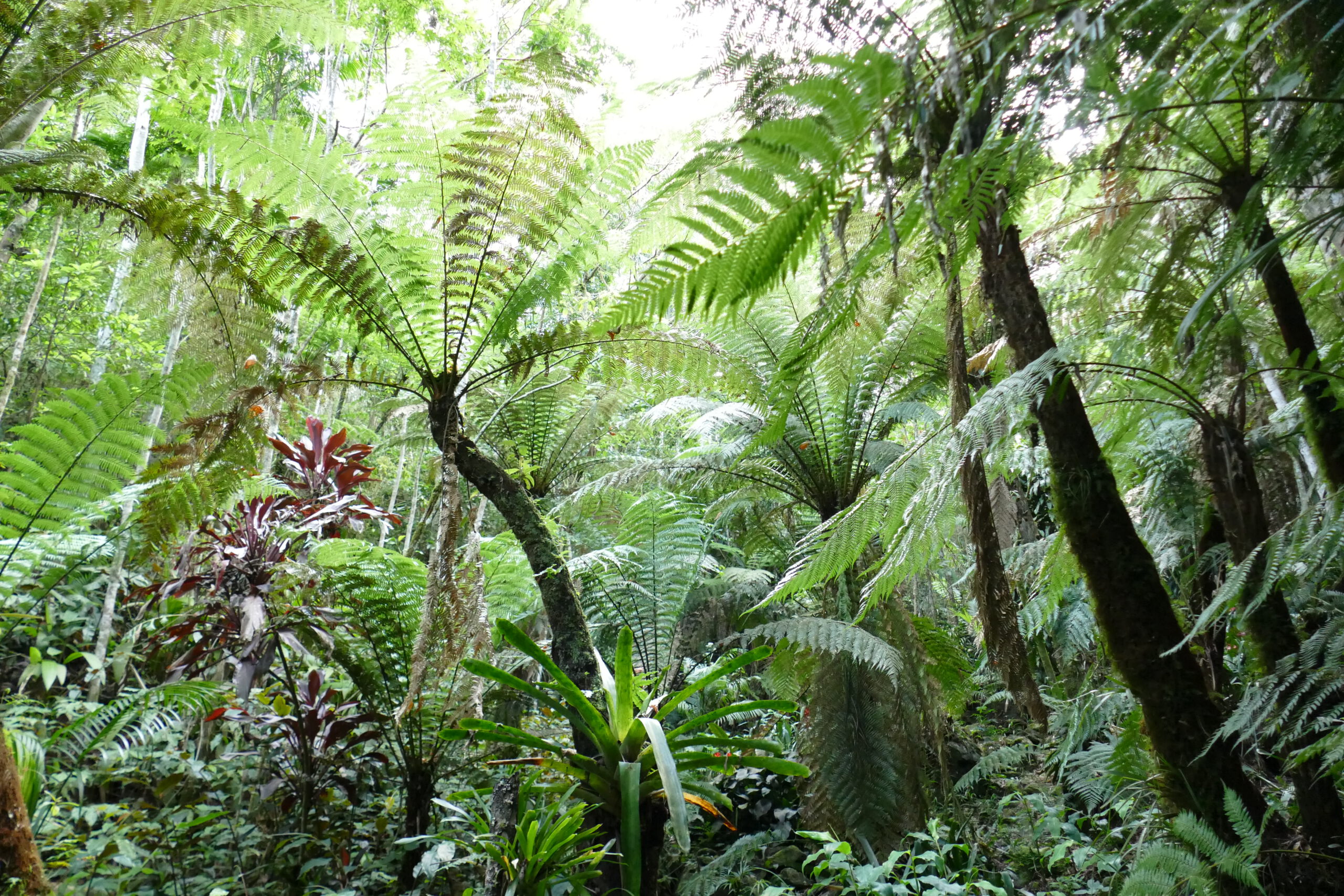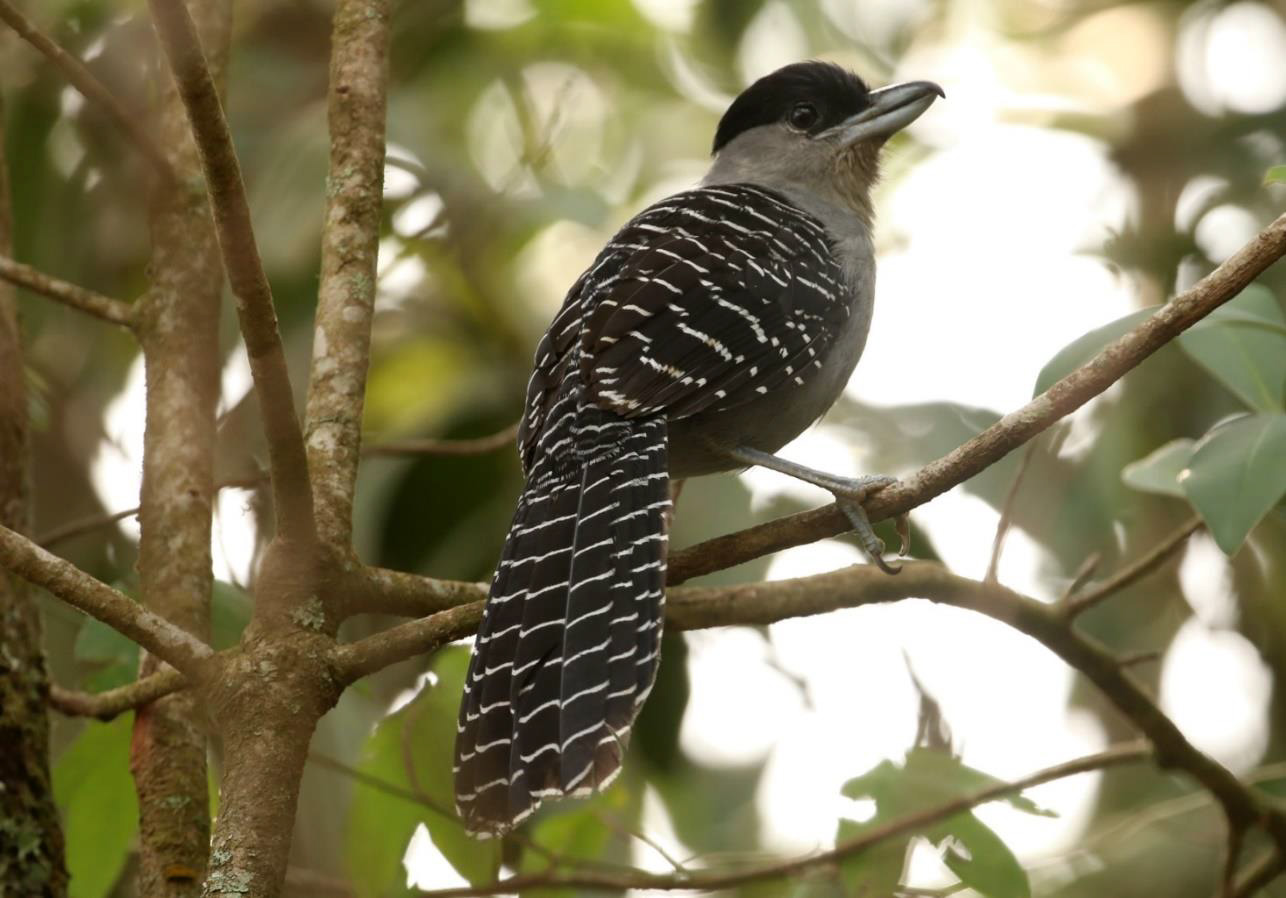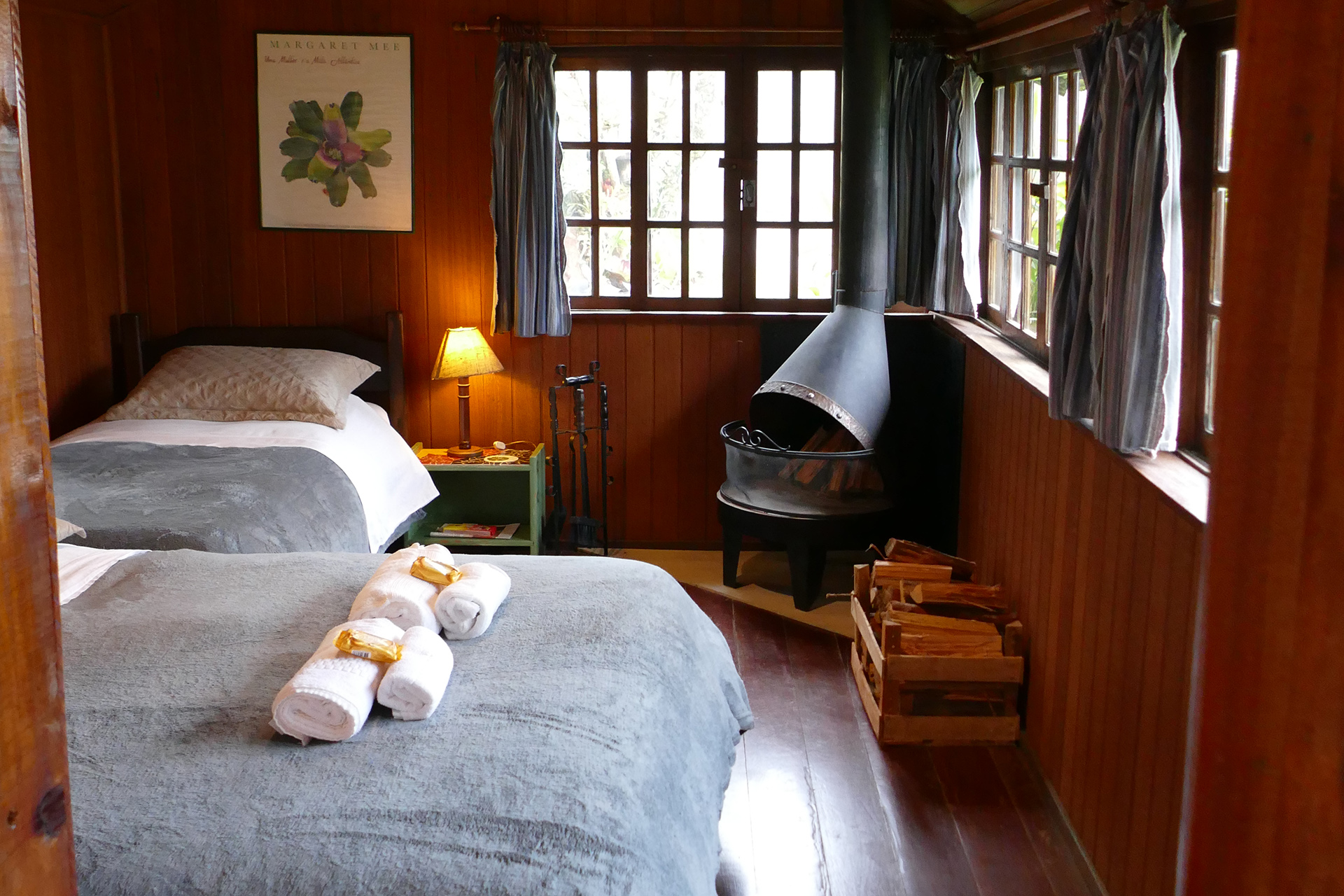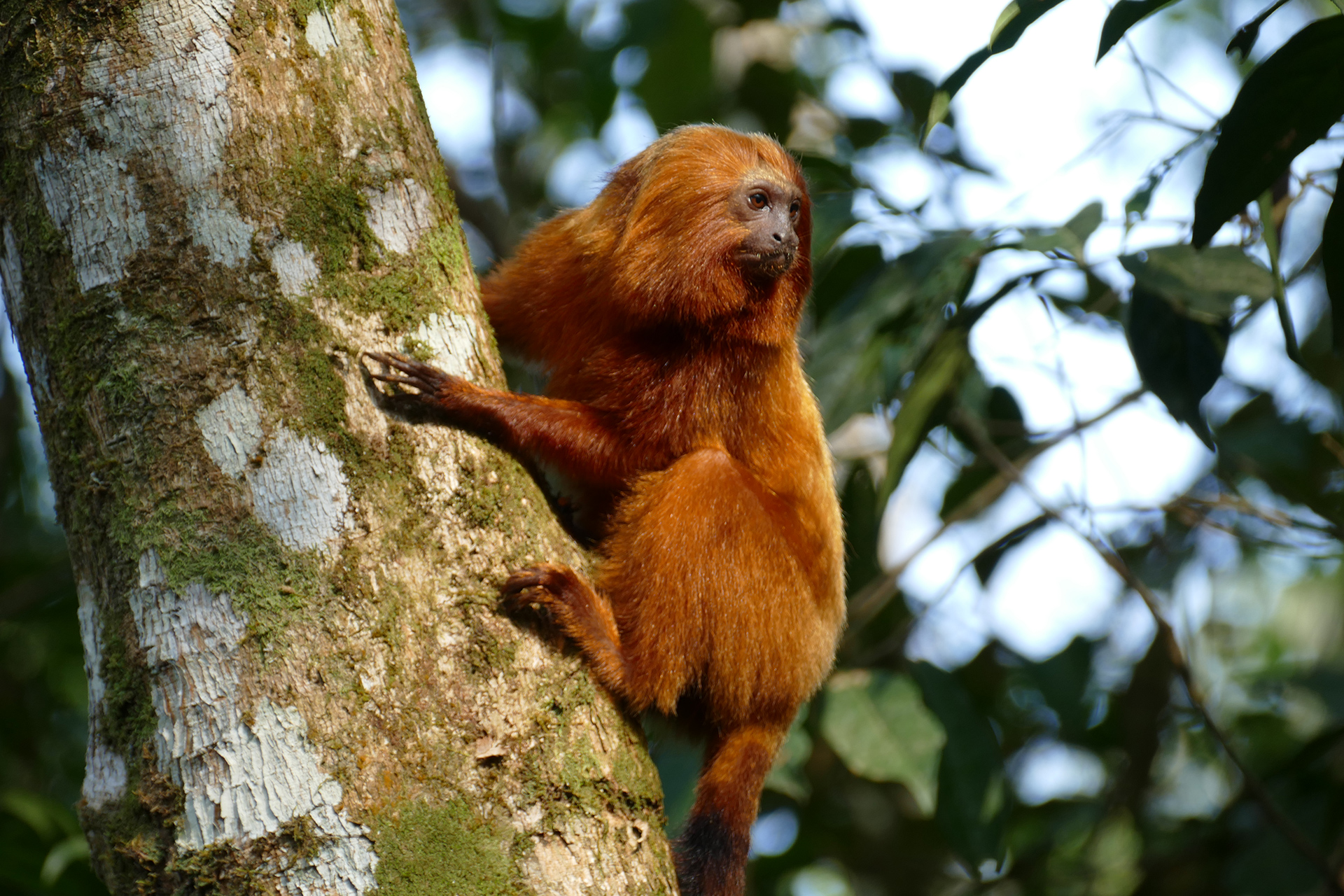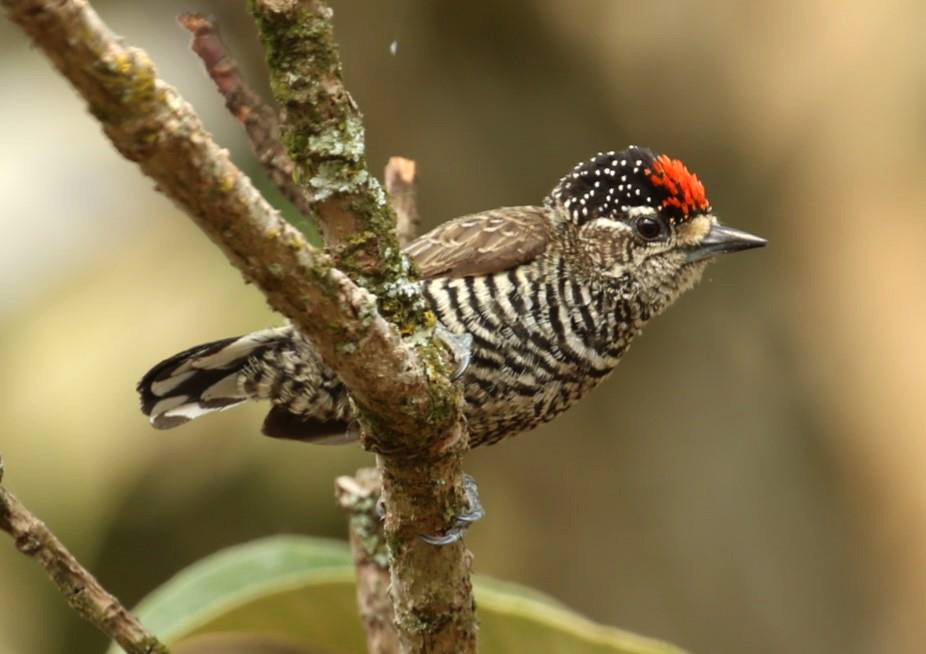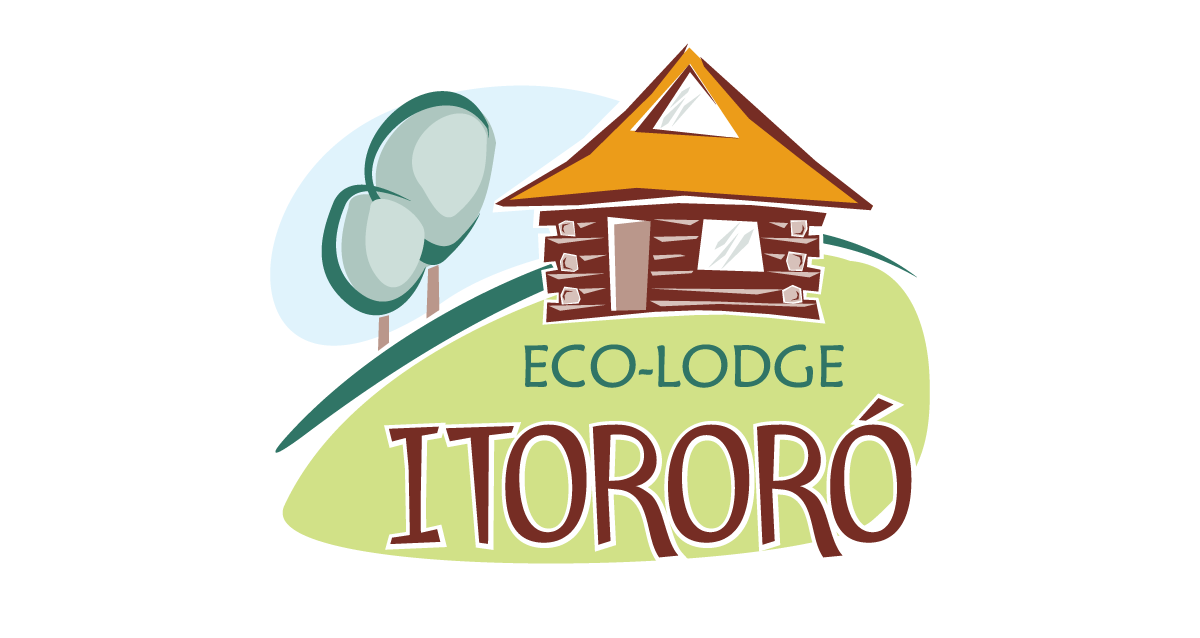The group were picked up from Rio and arrived at the wonderful Itororo lodge by 09.30. Birding action started swiftly with some serious feeder action, highlights were many and included Brassy-breasted Tanager, Golden-chevroned Tanager, Ruby-crowned Tanager, Burnished-buff Tanager, Maroon-bellied Parakeet, Plain Parakeet, Sayaca Tanager, Azure-shouldered Tanager,...
A recent and fascinating discovery in Brazil's Atlantic Rainforest has captured the attention of researchers and nature enthusiasts alike: the Guapiaçu cherry. This fruit-bearing tree, scientifically named Eugenia guapiassuana, was identified in the Guapiaçu Ecological Reserve (REGUA), one of our partners.
Often, we don't know if an orchid was a gift, an exchange, or a find, but they cherished each one of them. It is an honor to care for what they loved and for what they have left behind. Thank you, mother; thank you, father. 👩❤️👨❤️
Most of our guests at Eco Lodge Itororó are nature enthusiasts, photographers, birdwatchers, and hiking groups. They usually stay between three and seven days at Itororó, going out for daily excursions in organized tours to targeted locations of their interest, taking packed lunches for their outings after an early breakfast.
Nemathantus crassifolia is an epiphyte that trails up the trunks of trees presenting characteristic small flowers that hang down from the main stem. Endemic to Brazil, the species is found in humid forests of the Atlantic Forest in the states of Minas Gerais and in Rio de Janeiro, as well as in Espírito Santo (where it is red listed as endangered species) and in São Paulo (where it is believed to be extinct).
By adding diverse native plants to our landscapes. Native plants evolved with their pollinators and will spontaneously look for their natural habitat. Every plant counts. Plants depend on pollination. We depend on plants.
The Black-billed Scythebill inhabits the humid Atlantic Rainforest but its range also extends into drier semi-arid scrub forest and scrub land as well, along the eastern Brazilian coast from Bahia State all the way south into northern Rio Grande do Sul.
We've recorded 200 bird species at Eco Lodge Itororo, with 67 endemic to the Atlantic Rainforest. Our expert guides can help you spot these feathered treasures on our well-maintained trails. Calling all birdwatchers – your paradise awaits!
Latest NewsItororó Admin2025-04-04T09:19:22+00:00

